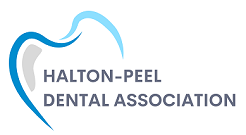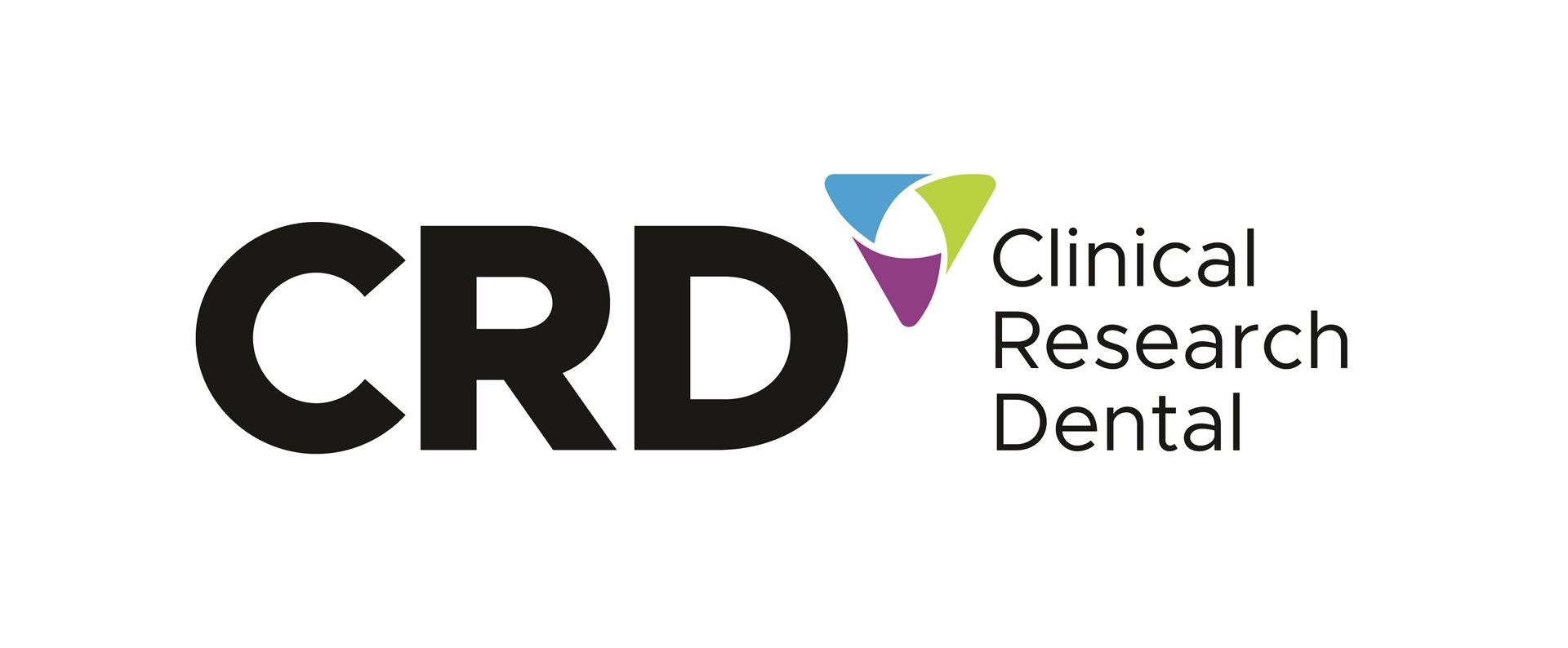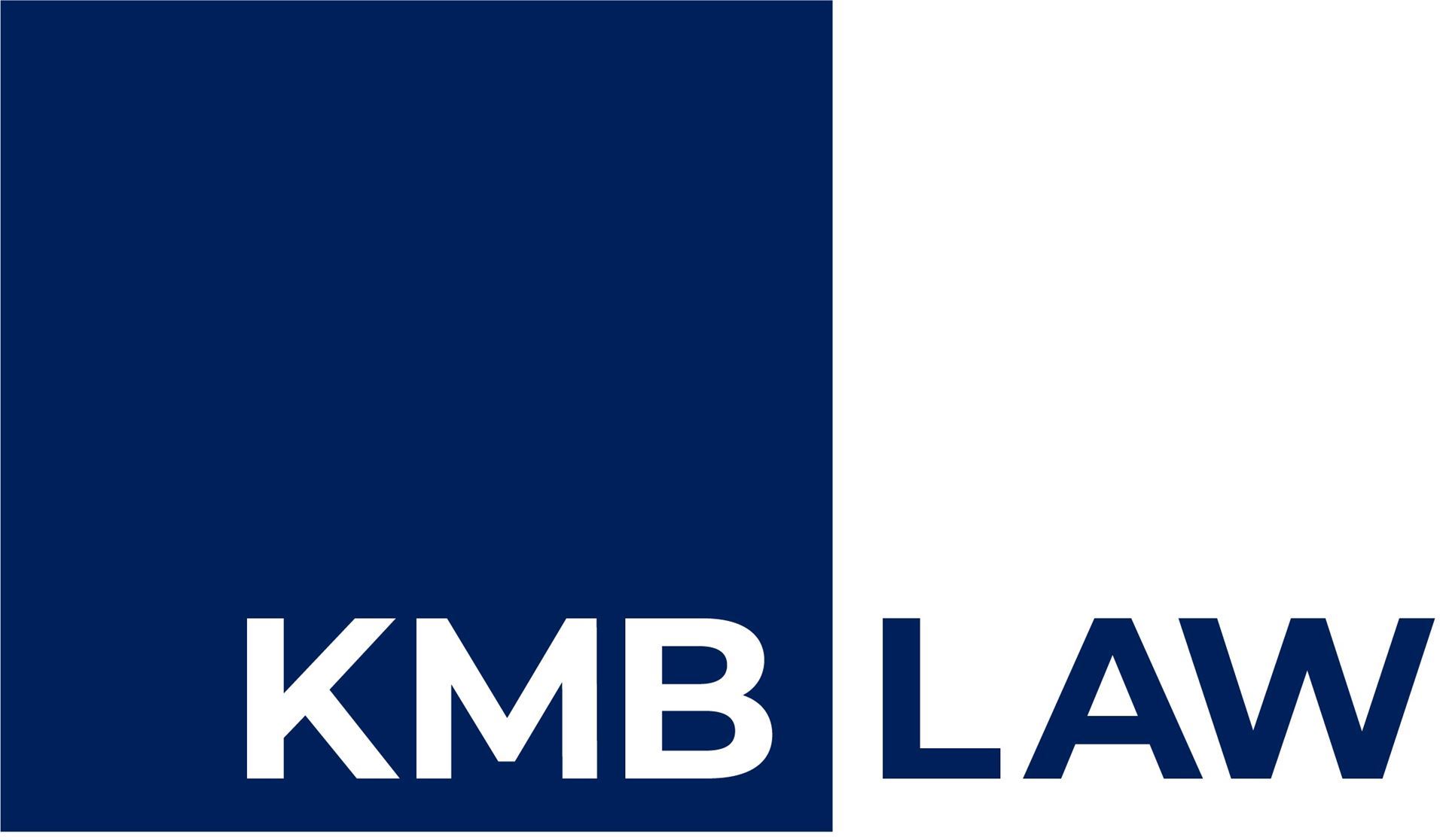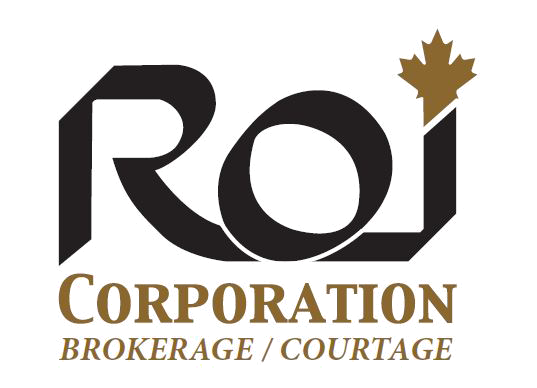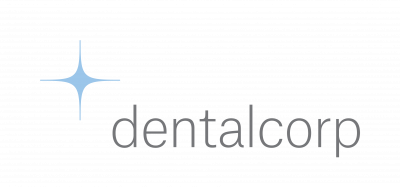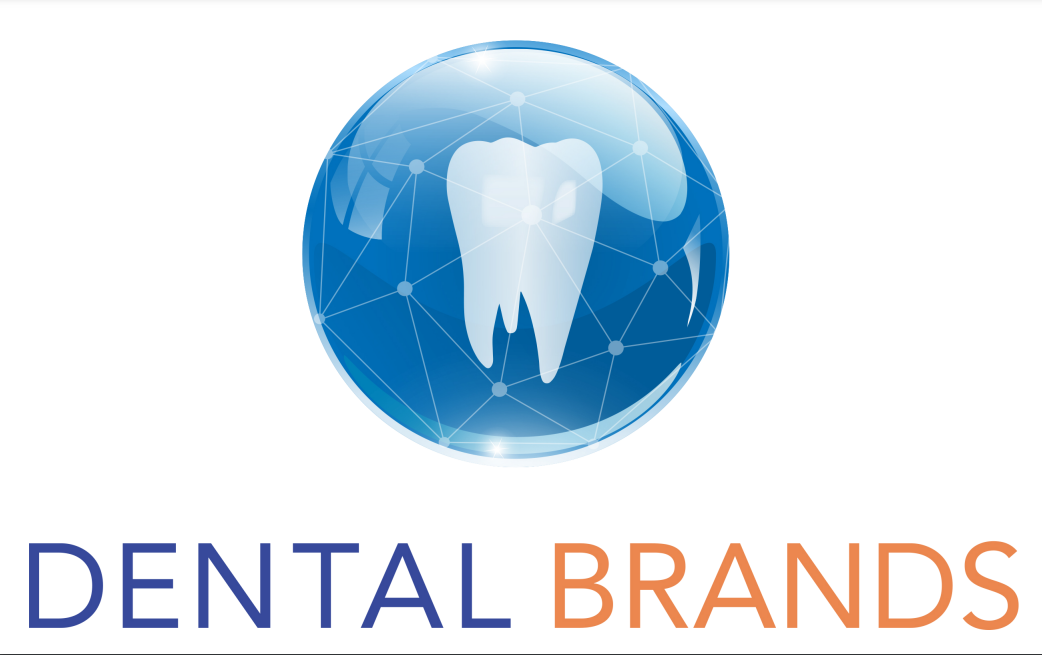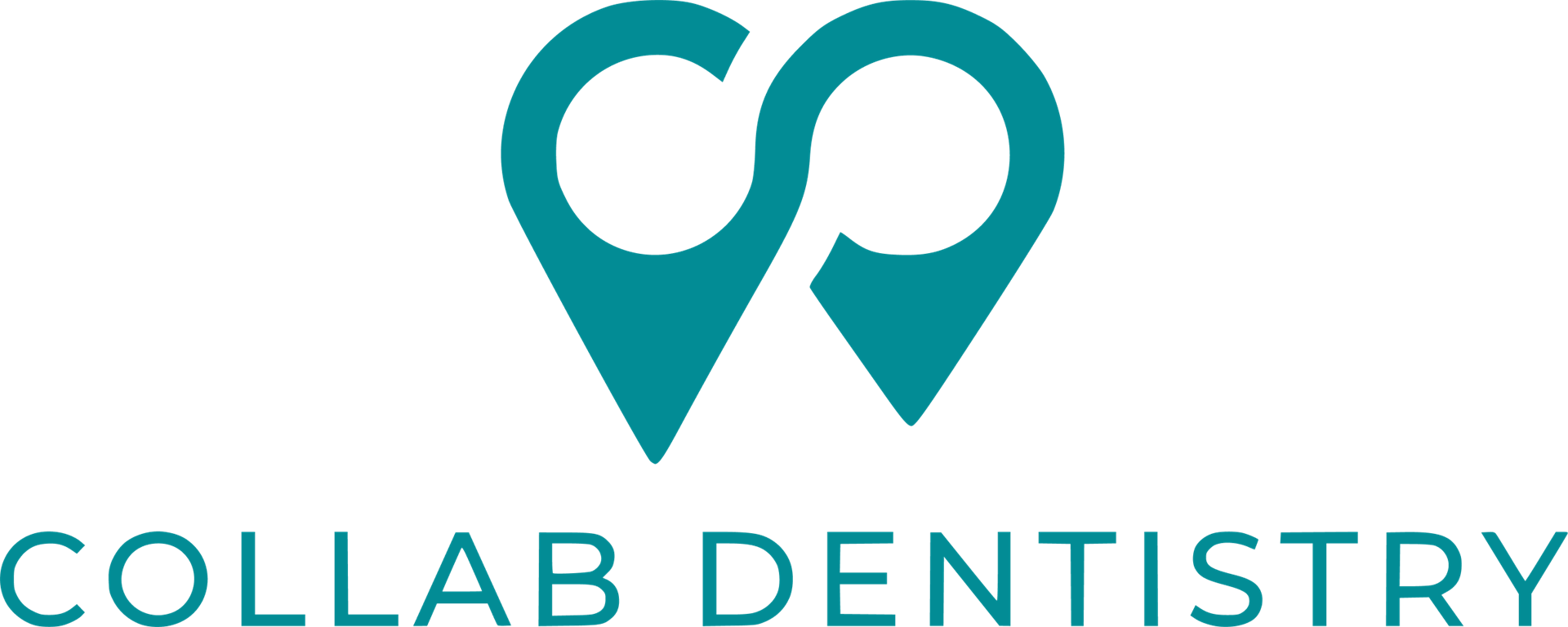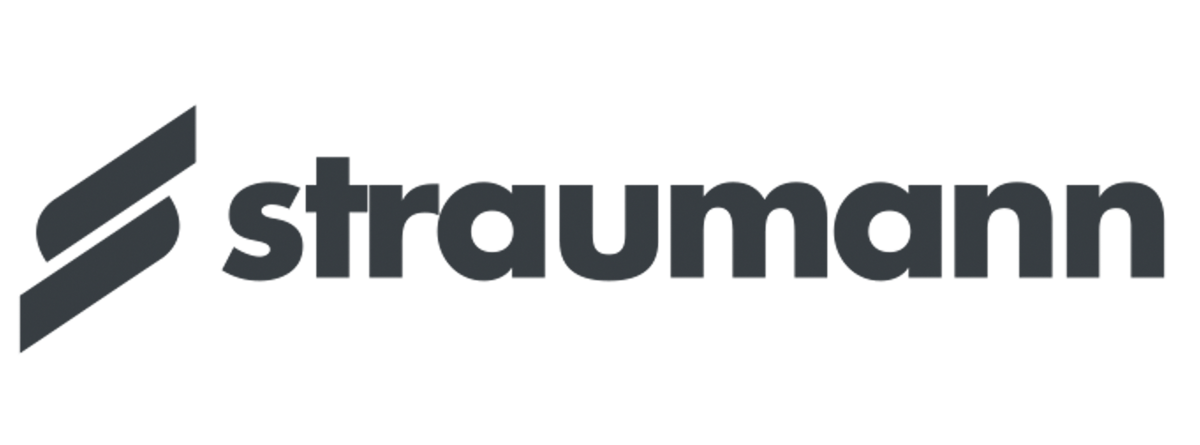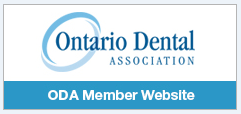|
HPDA Member Login
|
Please login to continue to the page you have requested.
- HPDA Members must login to renew their membership or register for events at the "Member" or "Graduate" level.
- If you are not a member of HPDA and would like to join HPDA - JOIN HERE!
- If you are unable to login with the correct email address. click on Forgot Password to create a new password.
